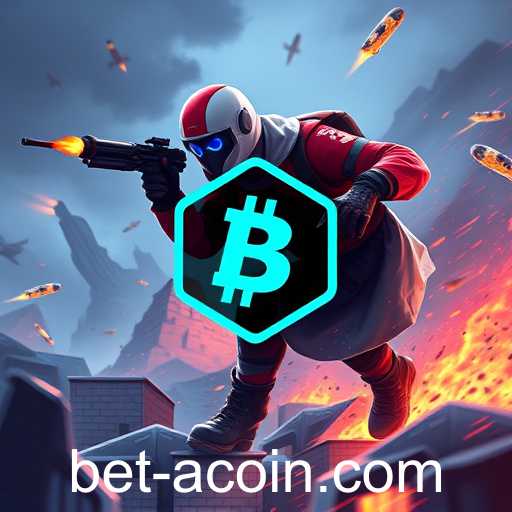Explore how the integration of blockchain technology, particularly through betacoin, is transforming the landscape of action games, offering players innovative ways to engage and transact within their favorite digital worlds.
In the fast-paced world of online gaming, action games have emerged as a dominant genre captivating players with their thrilling narratives and dynamic gameplay. One intriguing development within this realm is the rising incorporation of blockchain technology, with 'betacoin' leading the charge as a significant keyword driving this trend.
The genre of action games is broadly defined by quick decision-making, high levels of hand-eye coordination, and fast-paced sequences that demand player engagement. These games often thrust the player into rapidly evolving scenarios where agility and reflexes are paramount. Popular titles in this genre include notable franchises like Call of Duty, Assassin's Creed, and Fortnite, among others.
The introduction of blockchain technology into this high-octane environment is particularly noteworthy, with 'betacoin' becoming a central component. Blockchain, known for its decentralization and enhanced security, offers a new dimension to gaming by enabling players to truly own in-game assets, participate in secure transactions, and have transparency in their gaming experiences.
Betacoin, as an innovative cryptocurrency affiliated with this ecosystem, enhances these capabilities by facilitating seamless in-game transactions. Players can buy, sell, and trade in-game items in a decentralized manner, adding a layer of economic depth to the traditional action gaming experience.
Moreover, the integration of betacoin with action games is gradually transforming the traditional metrics of player success. Where once the main focus was on leaderboards and scorecards, now, integrated economic incentives allow players to earn real-world value throughout their gaming exploits.
Game developers are quick to adopt this trend, seeing the potential in catering to a community that values both entertainment and tangible rewards. Furthermore, this adoption is fueled by an increasingly engaged audience seeking games that offer more than just ephemeral entertainment.
While traditional gaming often keeps the line between the virtual and the real distinct, the utilization of cryptocurrencies like betacoin in action games is blurring these lines, promising a future where gaming is not only a pastime but an integrated part of the digital economy.
In conclusion, as the gaming industry continues to evolve, the blend of high-intensity action games with blockchain technology heralds a promising era for both players and developers. Whether through collectible tokens, secure item trading, or innovative game economies powered by betacoin, the fusion of gaming with digital currency is shaping a new frontier in the world of interactive entertainment.




